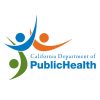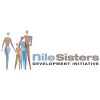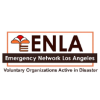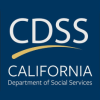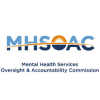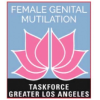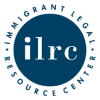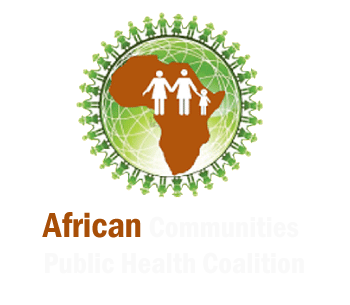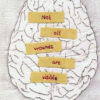Haitian Asylum seekers must make difficult choices arriving at the Mexican -US Border
The current global pandemic has increased economic and health stressors among millions all around the world. The many restrictions implemented everywhere due to the COVID-19 virus has made it difficult to receive essential services and emergency/immediate assistance from agencies and government entities. Since September of 2021, Haitians seeking asylum in the U.S have continued to be stuck on the Mexican border or turned away despite their country’s current economic and political crises. Asylum seekers must choose between going back to their country of origin, they must try to make a life in Mexico for the time being until border-restrictions lessen, or continue to attempt crossing to the U.S. Either way, the circumstances leave uncertainty for their well-being, stability, and security. Haitian asylum seekers face racism in Mexico as well as language barriers that make it difficult for them to voice concerns and needs. Although some have found stability and employment in Tijuana, Mexico, others still find it difficult to obtain employment with no legal work authorization. Applying for legal documentations has taken longer to process with the increased applications coming in recent years leaving many asylum seekers to remain undocumented and unable to receive resources, employment, or proper housing. Unfortunately, these restrictions and hardships have discouraged Haitians from traveling to the Mexican-U.S border by boat, finding less ways to flee their country of origin’s dilemma.
Migrants stuck in crowded facilities despite current deadly-virus pandemic
Due to border restrictions, many unattended migrant children have been subject to crowded detention centers in the U.S or have been experiencing delayed sponsorships with individuals/ families who would take in the unattended child in a more suitable and safe circumstance. On the other hand, migrant adults seeking asylum and refugees have been victims of racism and therefore are sent to prisons by armed forces on the U.S- Canada border and Mexico-U.S border.
Immigrants/ Refugees less likely to seek clinical assistance/health resource
According to recent studies, Immigrants and refugees are at higher-risk for health disparities due to their status in their new residing countries. These groups are more likely to neglect their health conditions and worries, for the lack of accessibility by social security systems if they do not have a long-term legal status. Even if they did apply for it, the application process can be delayed or denied due to high-volume of candidates seeking health benefits and legal status benefits. . These populations also tend to be low in funds and may not be able to travel nor use easy access tools to make appointments to clinics for check-ups, tests, and vaccines. Another barrier tends to be transportation access, as many do not have easy access to self-transportation nor do they have stable job opportunities. Having to schedule to see a medical professional is difficult for they fear being fired/excused from their only sources of income, or may lack the funds to take public transportation back and forth to clinics in a timely manner. Apart from the lack of accessibility, alternative methods to seeking assistance are difficult as language barriers make it difficult for newer foreigners to communicate their concerns on COVID-tests and COVID-vaccines. The migrant population is less likely to get tested and/or receive the vaccine, even if it is free of cost. As they fear not having sufficient funds or legal status (which is not actually required to receive tests or vaccinations), man of these vulnerable individuals may not even seek assistance at all in fear that they may be documented and deported, or face discrimination by clinical workers and clinics in general. Finally, these individuals also experience more health disparities due to their housing instability, lack of housing and shelter cleanliness, and over-crowdedness of community shelters. The covid-19 virus is easily spread and requires social distancing and sometimes isolation when exposed to the virus to prevent others from getting it as well. If individuals are stuck in crowded housing they increase exposure possibility which can be critical for those who are already suffering from other underlying health issues.
What we can do as community workers and advocates
As community engagement workers and social justice advocates, it is important to educate others on the current and ongoing issues among these populations, to help increase awareness among health workers and other agencies. There are cultural and language barriers that continue to exist which causes little understanding and compliance with regards to health and pandemic restrictions in the current pandemic. Being service workers means not being selective in who we serve and that message must be served in order to assist these individuals more effectively. ACPHC continues to offer assistance in all aspects of mental and physical health applications and understanding as well as immigration rights and protection against racial crimes and wrongful convictions. We must continue to protect those most vulnerable against the social systems that are working against them.
See Source links for additional information and relevant statistics.
Sources
N, Narea. January 20, 2022. “Biden’s immigration polices have left Haitians stranded in Mexico” Website: https://www.vox.com/policy-and-politics/22881819/biden-haiti-immigration-mexico-asylum
American Immigration Council: Website, https://www.americanimmigrationcouncil.org/research/impact-covid-19-us-immigration-system
https://www.cbsnews.com/news/immigration-122000-unaccompanied-migrant-children-us-shelters-2021/






